Immigration will be a key issue when Britons go to the polls on July 4. As in many European countries, migration, the economy and welfare are causing heated debates between politicians and the electorate.
Ahead of general elections in the UK on July 4, politicians are busy on the campaign trail. Immigration, healthcare and the economy are shaping up to be the main political battle grounds.
The three issues can be linked: those who are against immigration often argue that the increasing number of migrants puts a burden on the UK’s welfare systems and the economy, which only recently emerged from a recession.
Also read: UK, more than 10,000 arrive via Channel in 2024
Those in favor of immigration may point to the fact that an ageing population needs an influx of labor to jumpstart the economy, and many will also underline how many migrant workers provide health and social care in the National Health Service (NHS) and aged care sector.
Political arguments over migration policy address legal forms of entry into the UK, as well as entry by those who arrive irregularly, without visas or permission.
There has been a strong focus on the financial costs of taking in asylum seekers. Currently, according to Reuters, Britain is spending more than three billion pounds a year processing asylum applications. The Conservative government has repeatedly claimed that it is spending eight million pounds a day (about 9.3 million euros) housing asylum seekers, while they wait to have their claims processed.
Fourteen years of Conservative rule
The Conservative party has been in power for the last 14 years, but during the last few years, it has repeatedly said that the country’s migration policy is "broken." The Tories are hoping that by continuing to promise to cut immigration, they can increase their popularity, although current polls put their main contender, Labour, 20 points or more ahead.
Also read: Are UK migration policies having the desired deterrent effect?
In 2010, when the Conservatives took over from a Labour administration, the prime minister at the time, (now Foreign Secretary) David Cameron, said that he would bring net migration down to "tens of thousands a year."
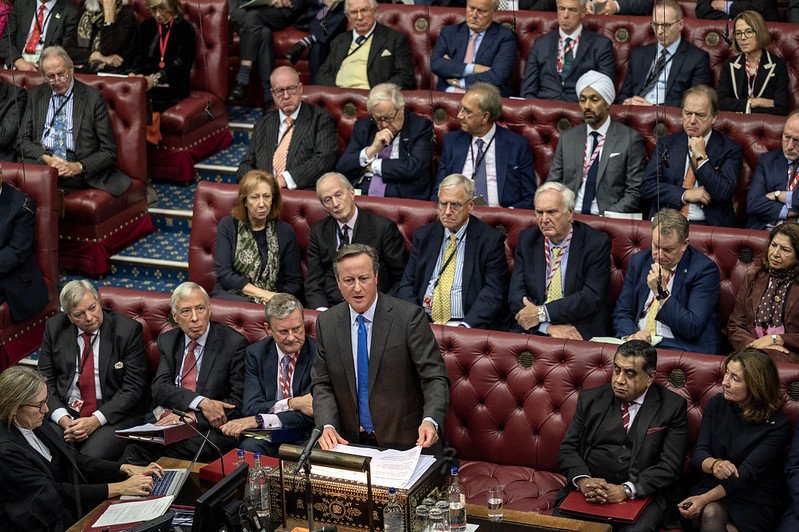
The government never came close to reaching that target, however. By 2015, net migration was at 329,000 and has continued to rise. Last year, according to the Office for National Statistics, it stood at 685,000, since 1.2 million people entered the UK and 532,000 left the country.
The idea of "taking back control of Britain’s borders" has been a strong theme in British politics since before the UK exited Europe. The slogan and variations on it are used mainly by the Conservatives and those on the political right.
The Conservative party is pledging to cut legal immigration as well as stopping people arriving by boat across the Channel, and other routes they have classified as "illegal" under the new illegal migration law.
Heated debate between Labour and the Conservatives
On Tuesday (June 4), the first head-to-head debate was held between Britain’s prime minister, Rishi Sunak, and his main challenger, the leader of the opposition Labour party Keir Starmer.
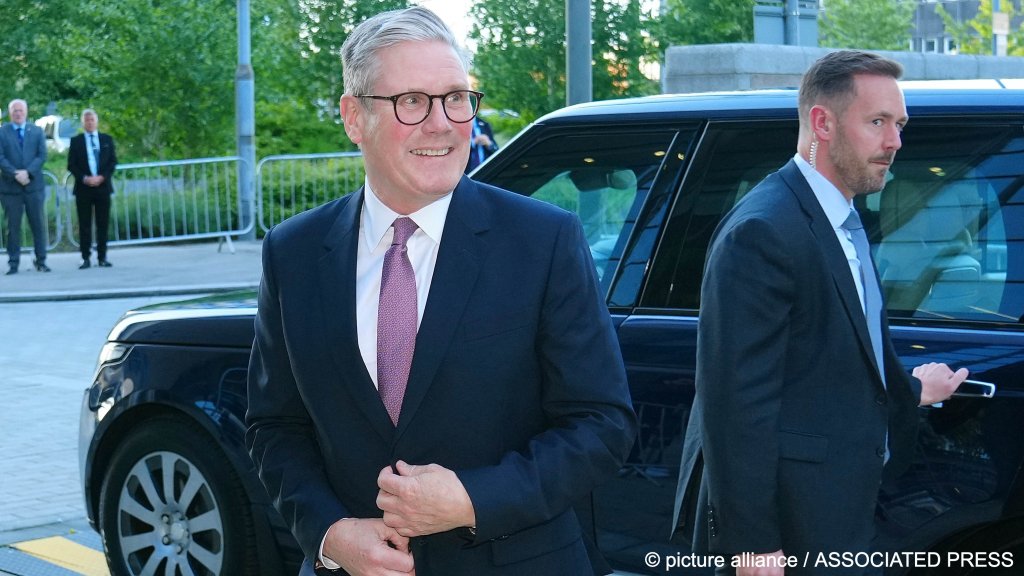
Immigration, along with the National Health Service and the economy were the biggest points of contention in the debate televised by ITV. In response to a question from the audience about immigration, Rishi Sunak said it was too high, adding: "If I’m your prime minister, the planes will go to Rwanda, we will have a deterrent."
Also read: UK dispute over deportations to Rwanda heats up
Starmer's focus remained on tackling the business of people smuggling. "We need to smash the gangs that are running this vile trade, making a huge amount of money and putting some of the most vulnerable people in boats across the Channel," he said, adding that since the beginning of the year, the UK has seen "record numbers" of arrivals.
The Rwanda plan
Flying asylum seekers to Rwanda has been a key part of Conservative strategy since 2022, to try to "stop the boats" and put undocumented migrants off coming to the UK, where the majority claim asylum.
Also read: UK civil servants appeal Rwanda law
This year, the Parliament passed the "Safety of Rwanda Act", declaring Rwanda a safe country and blocking legal challenges to the government’s plan to fly asylum seekers out of the UK.
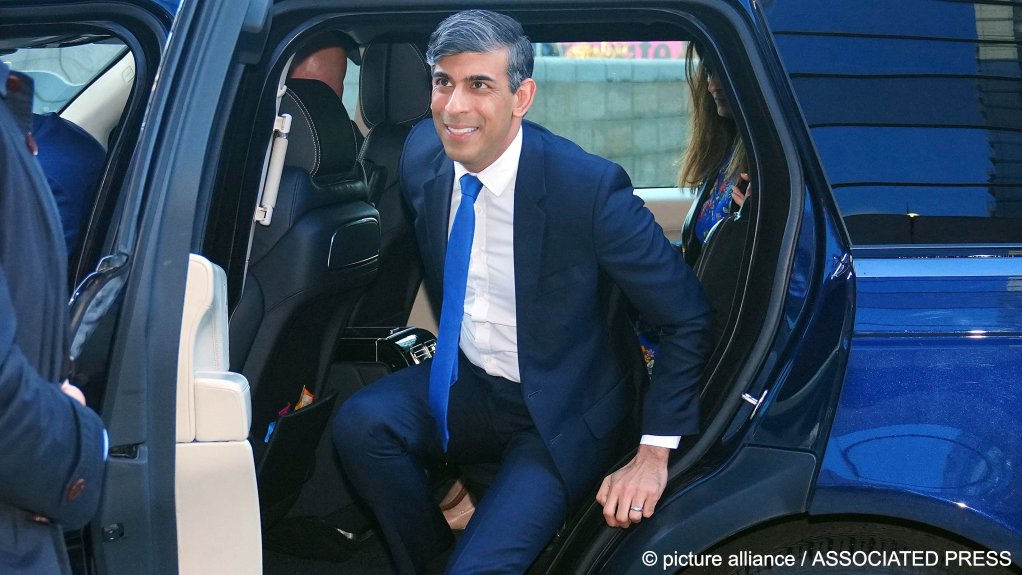
However, despite the new law, the date of proposed deportations has repeatedly been moved back. The government recently said there would be no flights before July 24, so unless it is re-elected, they might not happen at all.
Labour has pledged to stop the Rwanda plan, calling it a waste of money and a "sham".
During the televised debate this week, Sunak repeated that he believes the Rwanda plan does not breach international law. But he said, "if I’m forced to choose between securing our borders, and our country’s security, or a foreign court, I’m going to choose our country’s security."
Starmer said he would not pull out of international agreements and treaties such as the European Convention on Human Rights if his party wins in July.
Also read: The paradoxes of the UK's post-Brexit migration policies
Bringing net migration to zero
Labour itself is facing opposition from the right Reform party, led by Nigel Farage. In what he has called "the immigration election," the former Brexit party leader said Tuesday that he would "bring net migration down to zero" by freezing all "non-essential migrants" entering Britain.
When asked who he considered non-essential, Farage said, "unskilled labor", including construction workers. "We don’t need any," he said in a BBC interview.
"If you look at what has happened since we opened the doors in 2004, the incentives to young British people to learn skills and trades and go and work on sites and make money have been reduced."
Also read: UK government aims to cut legal migration
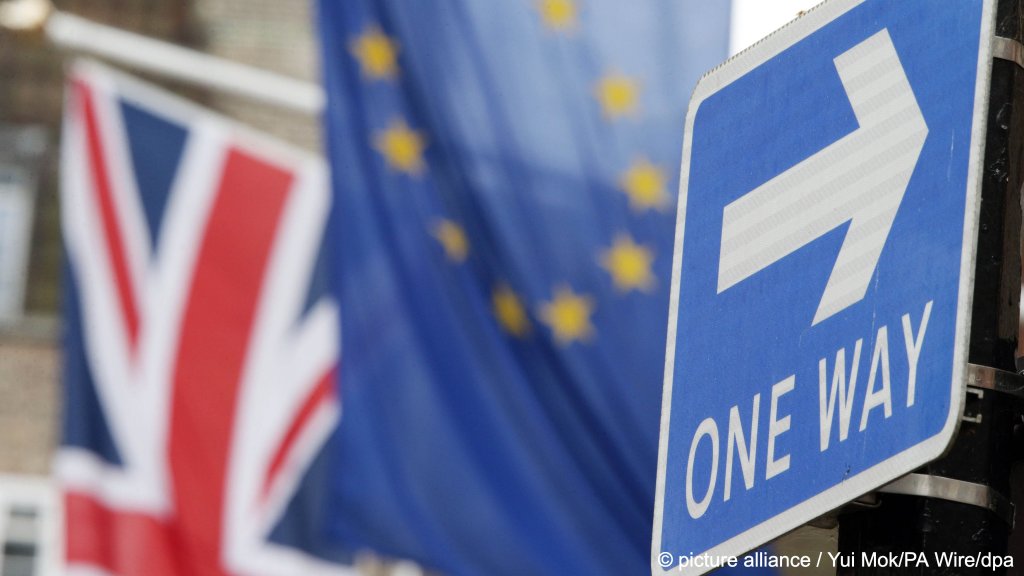
Also read: UK announces accord with Albania against migration
Farage said that some of the professions currently classified as skilled, such as vets, kindergarten teachers and care workers, could be granted visas to the UK if he were to win power, but "in limited numbers." He cited the Australian model as one he would hope to emulate.
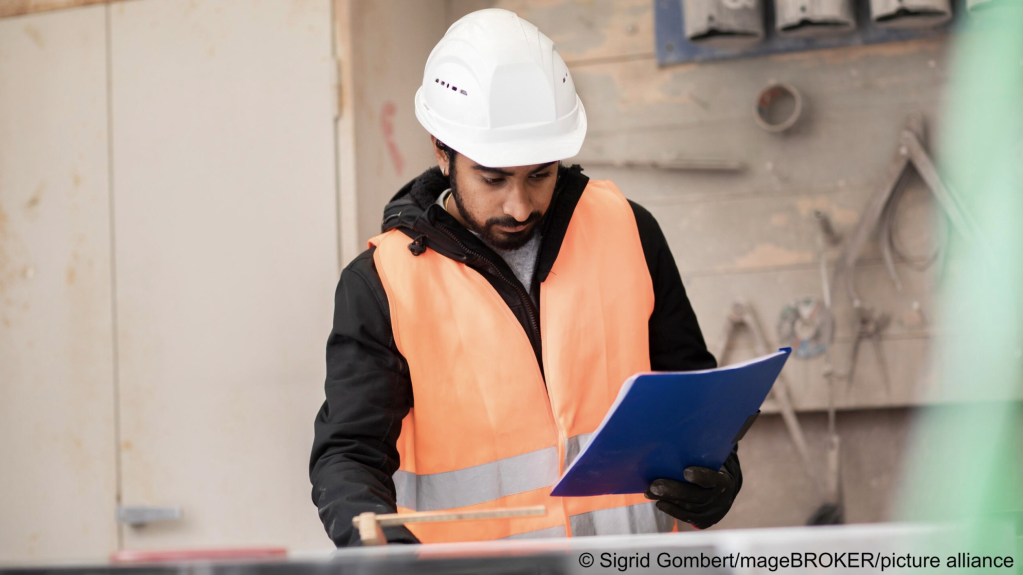
Farage said there had been a "total abuse of the system". He underlined that "coming to work on a work permit, is very different to coming and being allowed to stay and bring dependents."
Liberal Democrat promises
The Liberal Democrat party, which a recent poll suggested could win more seats than the Conservatives, also says the country's immigration system needs fixing.
The party calls the current policies "damaging," pointing out that the "new rules mean British employers can’t recruit the people they need and families are separated by unfair, complex visa requirements."
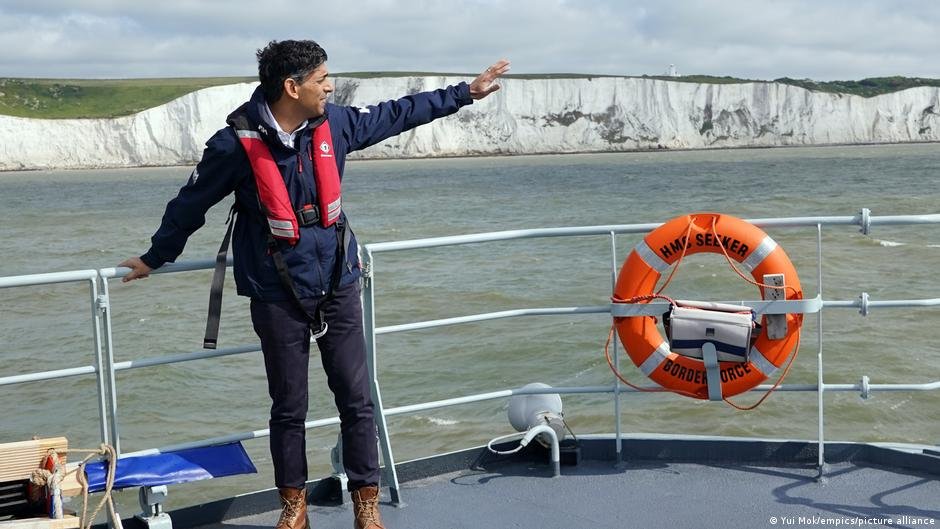
Blaming the government for creating a large backlog of unprocessed asylum applications and destroying public confidence, it criticized the Home Office as "not fit for purpose."
The Liberal Democrats has promised that it would scrap the Conservatives' Hostile Environment and invest instead in officers, training and technology to tackle smuggling, trafficking and modern slavery.
Responsibility for work visas, overseas students and asylum would be transferred from the Home Office to other departments, and a new, arms-length unit would be established to process applications "quickly and correctly", according to the party's website.
The Liberals would also "scrap the Conservatives' Illegal Migration Act," and offer safe and legal migration routes to prevent dangerous Channel crossings.
They would also lift the ban on asylum seekers working, "enabling them to support themselves, integrate into their communities and contribute through taxation."
Green Party
The Green party, which currently holds just one seat in parliament, says it would seek to "establish a system that recognizes that all migrants are treated as citizens-in-waiting and therefore supports and encourages them to put down roots in their new home."
It adds that it would "implement a fair and humane system of managed immigration…help families to be together…dismantle the Home Office…and abolish the ten year route to settlement."
The Greens also pledge to "stop putting people in prison because of their immigration status."
As of June 5, none of the parties had released an official election manifesto.
